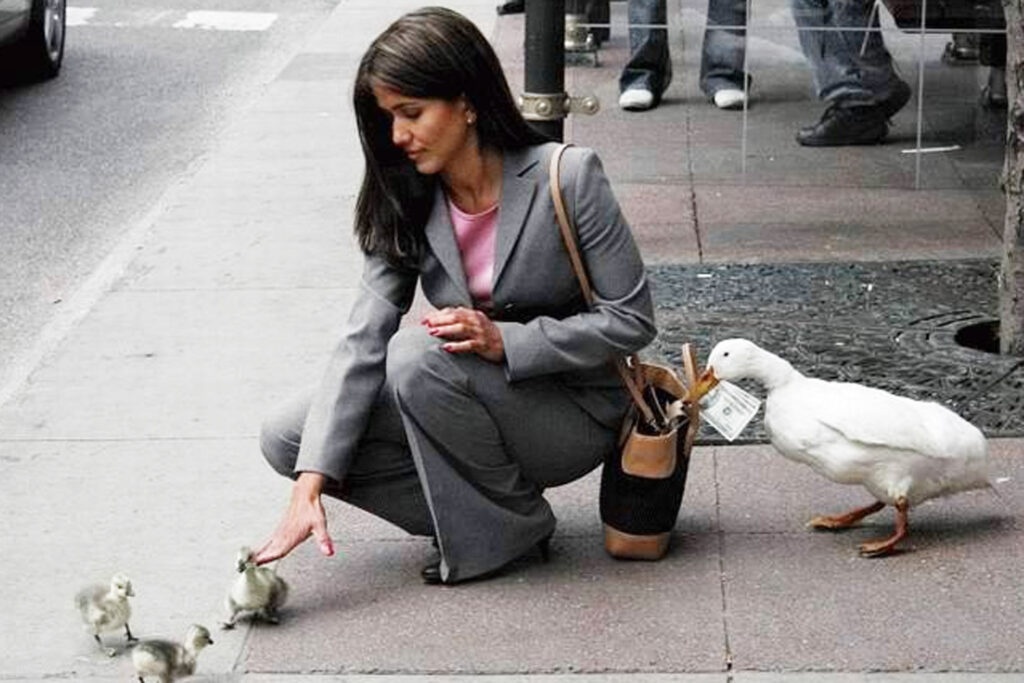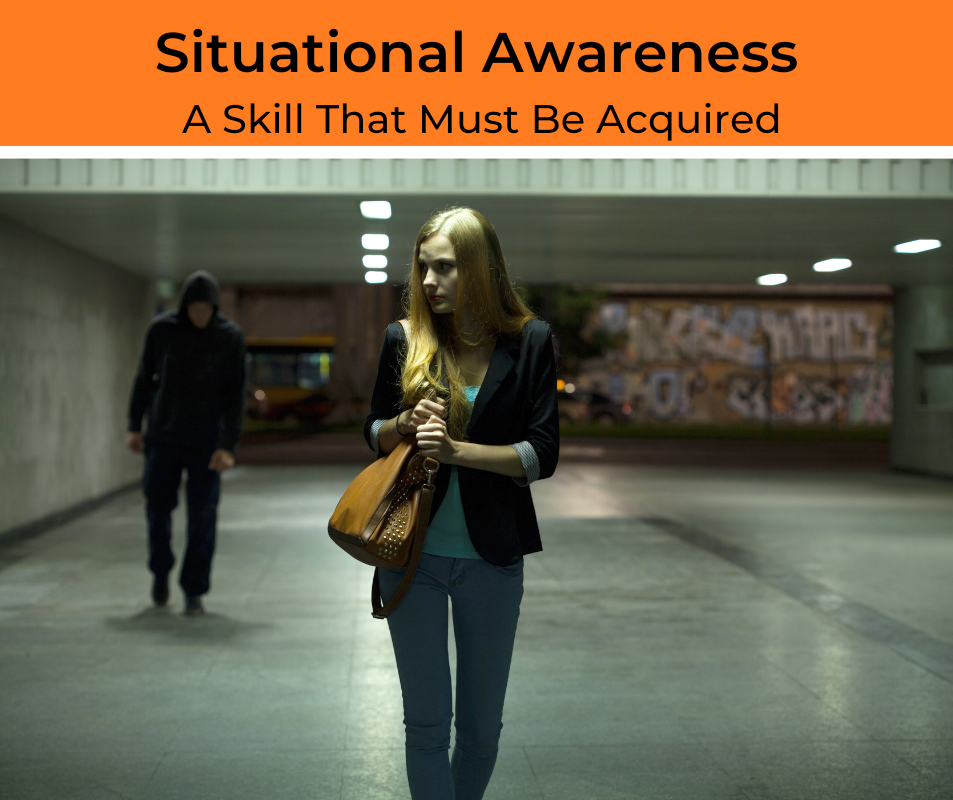Taking Control of Your Safety
Situational Awareness: Taking Control of Your Safety
Losing a spouse is one of life’s most difficult experiences, bringing not only emotional challenges but also new responsibilities and concerns. One of these concerns is personal safety. Whether at home, in public, or online, widows and widowers can find themselves vulnerable in ways they may not have considered before. Situational awareness, the ability to recognize and respond to potential threats, is essential. Many of those daily threats come in unexpected ways. It is important to stay safe while maintaining confidence in your daily life. Situational Awareness will help you to be more secure.
What Is Situational Awareness?
Situational awareness is being conscious of your surroundings and potential risks. It involves paying attention to what is happening around you, recognizing anything unusual, and taking proactive steps to protect yourself. Developing this awareness helps you feel empowered rather than fearful.
Many times, doing things that seem harmless is when those who want to harm you take advantage of your unawareness and lack of focus.

While involved in seemingly harmful tasks, you may be in harm’s way without your knowledge. Situational Awareness means being aware of everything around you at all times.
This does not mean you walk around in fear, but we have more reason to be cautious in today’s world. In our state of widowhood, it is even more essential to take control of our safety by knowing our surroundings because our emotional state often takes control of our focus.
Here are some practical tips for you.
Practical Safety Tips for Everyday Situations
- Home Safety
- Secure Your Home: Ensure that doors and windows are always locked, even during the day, when most break-ins occur. Consider installing a security system or a doorbell camera.
- Be Cautious About Visitors: If someone unexpectedly comes to your door, verify their identity before opening it. If you don’t feel comfortable, say with a bold voice that you are not available. Don’t be afraid to call 911 if the person persists in you opening your door. Use a peephole or a security camera. You don’t have to answer if they are unexpected. They can call and ask about coming over if they need you. That is not rude; that is being safe. Sometimes, criminals will use children to knock on your door, and when you open your door, they come from out of nowhere to overpower you. Be smart and be safe.
- Don’t Share Too Much Online: Never post on social media about being alone, away from home, or on vacation, as this can make you a target for burglars.
- At Night At Home: Being prepared is the key. Keep up with your training if you are trained to use a weapon. Thinking you are proficient is insufficient; you need constant training and practice. If you don’t have a gun, consider using a can of hornet spray, but be careful not to spray yourself. This spray can disable an attacker while you get away and call law enforcement.
- While Out and About
- Stay Aware in Public Places: Be mindful of your surroundings when shopping, running errands, grocery shopping, getting out of your car, etc. Always avoid distractions like looking at your phone while walking. There will be plenty of time for such things later. Remember, those who want to take advantage of you are lurking around for an opportunity to do evil and don’t care who they hurt.
- While in Your Car: I know it is tempting, but do not sit in your car and talk on your phone. You are not only distracted, but you become a target for criminals to take advantage of you. Your car is not safe and even in public places, a window can be broken in less than one second and you are defenseless.
- Trust Your Instincts: Don’t hesitate to leave the situation if something doesn’t feel right. Your intuition is a powerful tool for safety. Ask a security guard to walk you to your car at the grocery store or shopping mall. Always have your car keys and some self-defense quickly available, like a mase or a weapon you are trained to use. Remember, the best defense is not to put yourself in a position to need it. Being over-confident can get you hurt. Asking for help does not mean you are weak; it means you are intelligent.
- Keep Valuables Secure: Carry your purse or wallet close to your body and avoid displaying cash or expensive items.
- Have a Plan: When meeting someone new or going to an unfamiliar place, let a trusted friend or family member know your plans.
- Don’t go alone if possible: The best policy is to plan to go with a friend or group.
- Online and Phone Safety
- Beware of Scams: Scammers often target widows and widowers. Be cautious of unsolicited phone calls, emails, or messages asking for money or personal information. Never give out your personal information, and watch for fake emails and texts that look real.
- Use Strong Passwords: Protect online accounts with strong, unique passwords and enable two-factor authentication where possible.
- Verify Before Trusting: If someone claims to be from a bank, charity, or government agency, verify their identity before providing any information.
- Trust by Verifying Strange Phone Calls: If you receive a photo call stating your friend or family member has been in an accident, remember that with AI technology, scammers can duplicate voices to sound authentic. The best thing to do is to create a SAFE-PASSWORD that only your family knows about, so if you receive a strange call, ask that person to hold and call the person they say they are calling for, and when your friend or family member answers, ask them for your SAFE-PASSWORD to verify the situation is real.
Building Confidence and Community
Being alone does not mean being isolated. Strengthening your network of friends, family, and trusted neighbors can provide companionship and safety. This is one reason Surviving From Loss is so crucial to your safety. Our gatherings help build relationships with people who care about your well-being. Staying in touch with others in our group helps build each other up as we fellowship and reach out to one another.
Final Thoughts
Adjusting to life after loss is challenging, but you do not have to live in fear. You can confidently navigate this new chapter by practicing situational awareness, staying informed, and leaning on your community. Your safety should not be overlooked. Taking proactive steps can help you feel secure as you continue moving forward and helping others do the same.
Last thing, if you need help or have questions, please call for help or contact Charles@SurvivingFromLoss.com.
Charles Foster


